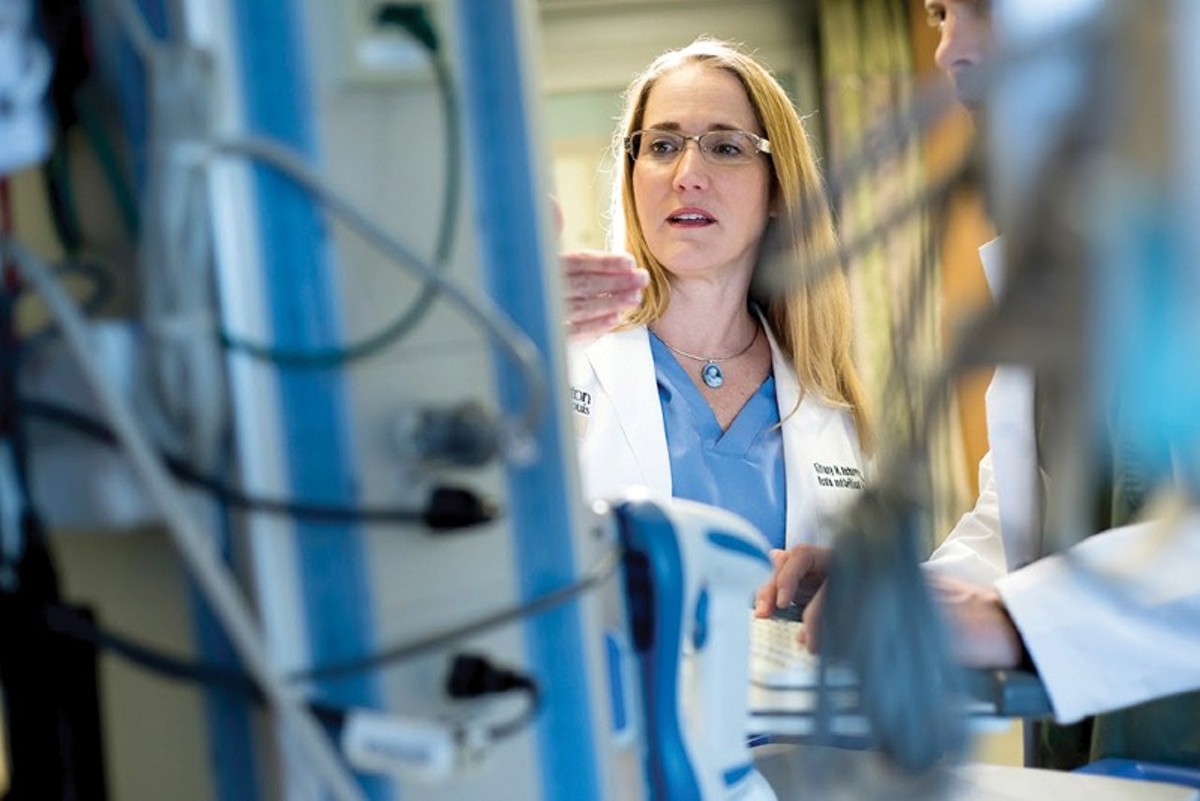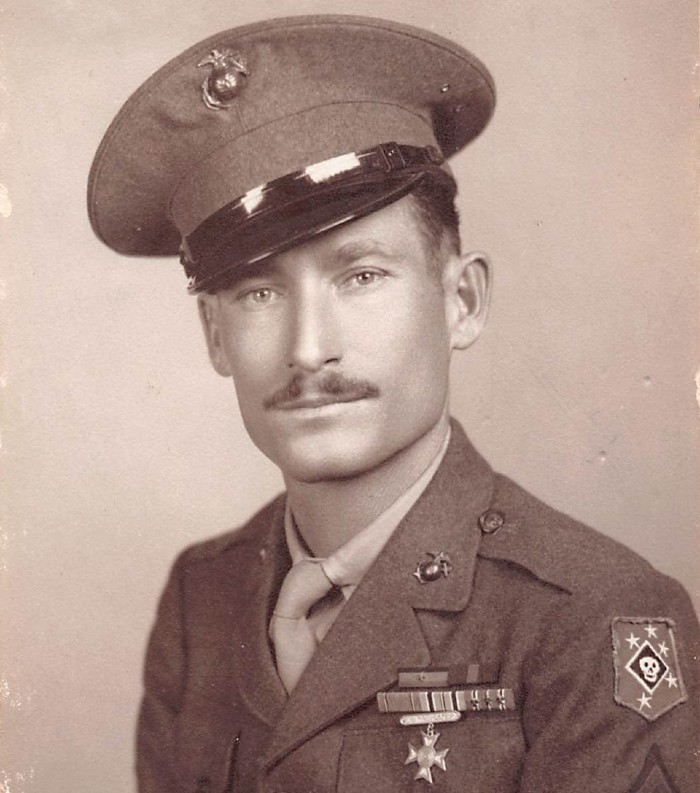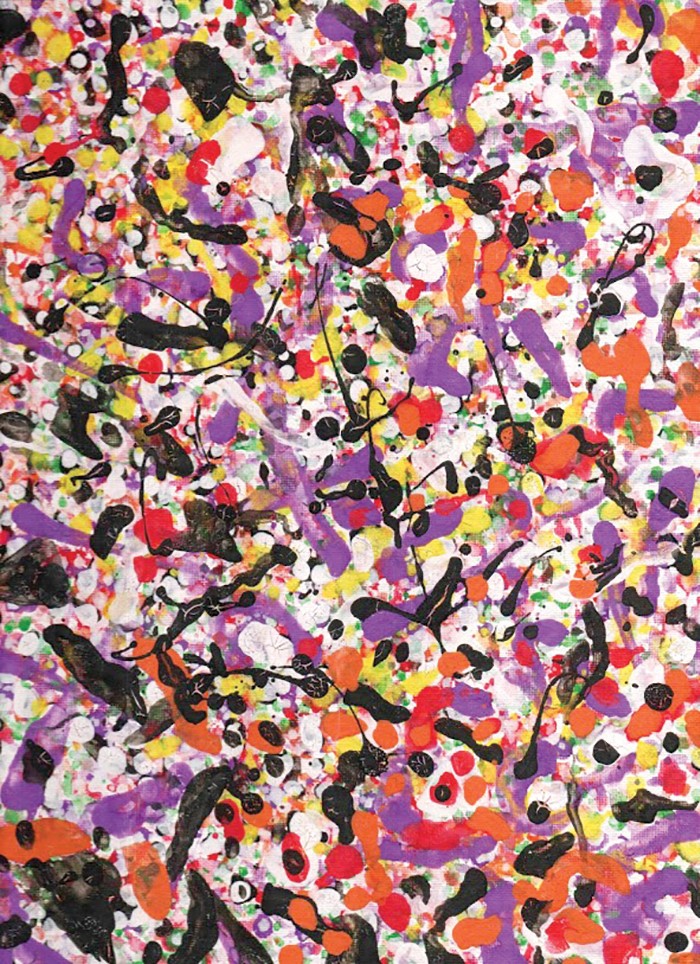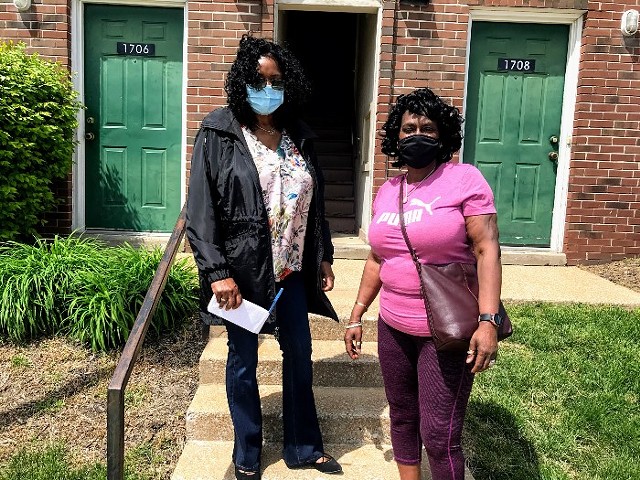In the ICU, I looked up again at the mob on the TV. We made sacrifices for our country — not for this. I bit my lip again.
"Great job, everyone. His oxygen saturation looks good. We will see how he does over the next couple of hours. We will have a low threshold to prone him." Had my voice cracked? Had anyone noticed?
When I left the room, tears welled. Luckily, people cannot really see much when you are wearing goggles, a face shield and a mask, but I knew I needed to find a private space. It happens like that sometimes. When the focus required to get the job done is no longer required, the emotions poke their heads around the corner and climb over all the walls you put up to complete the task.
There is one bathroom in the ICU, and it is about the size of Barbie's closet, so not very popular. I locked the door and hung my goggles and face shield on the door's coat hangers, next to a pair of goggles that had been there for a few days. Quietly, carefully, I let myself cry.
Now I saw the face of Uncle Olan. He served in World War II as one of Carlson's Raiders, the precursor to today's Special Forces. He was smiling at me. I never really registered the facial deformities from his injuries that my family discussed. Maybe the surgeries were just that good, or maybe I saw him through the eyes of a child who loved him. I saw the beloved uncle in the bathrobe who raised an eyebrow, watching me struggle with our games of candy poker or candy blackjack in his room at the VA.
He made sacrifices for his country — not for this.
I thought of my grandfather and the World War II injury that marred his voice and caused him to speak in a cadence that was sometimes difficult to understand. I thought of my sister-in-law, who served the military legal system her entire career, and her parents, who also served our country.
The Korean War Memorial says it simply: "Freedom is not free." Those sacrifices were not made for the freedom to invade the nation's Capitol.
Many things are contributing to what is happening in our country, but what I thought about that day was misinformation — conception and propagation. Both the manipulators and the manipulated should be held accountable for their actions.
I was angry, sad, disappointed and scared. As I wiped away tears in the Barbie-closet bathroom, I realized what happened that day does not represent the America I know. We are not defined by what occurred. We are defined by how we respond. Although it feels dark, light emanates from truth. It emanates from kindness, from courage, from caring for one another. Those are the threads of light woven through the fabric of the American culture I know.
"I understand this is not enough," I thought, "but it is enough to start." I put on my N95 and grabbed my goggles and face shield off the door hook.
I needed to check in on bed 5. She is so friendly and full of life. She would invite the janitor to dinner if he was not moving too fast down the hall in front of her room. Every day she asks, "Am I going to be okay, Doc?" The day prior I started telling her, "You are the healthiest person in my unit right now."
"Dr. Osborn!" The nurse caught me as I was walking out of the Barbie-closet bathroom.
"Yes?"
"Henry just died. The resident is in another room, and someone needs to pronounce him."
"Thank you. I'll take care of him," I said, and walked toward his room.
*Most patient names were changed to protect privacy. Patient families gave permission/signed HIPAA permission forms for their stories to be used in this essay.
Dr. Tiffany Osborn is professor of surgery and of emergency medicine at Washington University School of Medicine who works in the intensive care unit and emergency department. She is the Physician Champion for BJC HealthCare Sepsis Quality Improvement. She co-directs the COVID Critical Care Committee, the Convalescent Plasma Program, and Contingency and Crisis Standard of Care at Barnes-Jewish Hospital.
Dr. Osborn has been featured on NPR and CNN, as well in radio interviews and local media. She'd like to thank Jeannette Cooperman and Judy Martin Finch for their thoughtful review.








